During the summer of 2024, Craig Smith was hired as Community School of Davidson (CSD) new Executive Director, replacing founder, Joy Warner, and subsequently a team of three administrative leaders. He became a Spartan after serving as principal of the nearby Lake Norman Charter for nine years.
Getting to know a new leader can be a difficult task, especially for a school like CSD that seemingly goes nonstop, not simply during this school day but also before and after the daily bells with activities, clubs, sports, special interests, multiple campuses and so much more.
Just a month into his new job, Smith agreed to sit down with the Journalism, Media Productions and Photography classes for a first ever, student-driven press conference. Answering student questions, he shared information about his past, his philosophy and his goals.
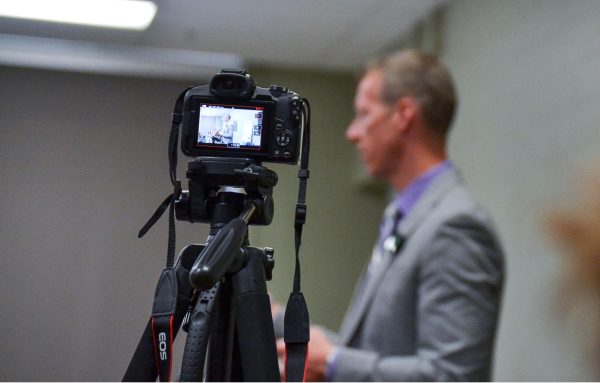
Smith’s career in education goes back decades as a teacher, coach, administrator and planner. He is also a husband, father, volunteer, and an active sports lover.
Smith hasn’t always lived in North Carolina. The CSD Executive Director originally came to North Carolina in search of teaching jobs which were scarce in his home state of Michigan. Post-college, teaching jobs in Michigan were scarce so he moved to North Carolina and loved it enough to stay.
It has done him well. Being in North Carolina helped him build his career tremendously ever since his arrival.
While many leaders take time to discover their calling, Smith is one of the few people who knew his future career since his early childhood. He attributes this, in part, to the superb teachers he grew up with both as a student and a young educator.
Seeing the impact that his teachers were able to make lit a spark that made him want to do the same. In particular, he describes his high school math teacher, Mr. Malboeuf, and how he inspired Smith with the way he led the class.
“This is all I’ve ever wanted to do is be an educator [and] be a school leader,” Craig Smith said. “I always wanted to be an educator.”
When it comes to his role at CSD, Smith discusses how he isn’t pushing for overarching change at the school, but is instead viewing the school’s traditions and policies with a “new lens.”
He emphasizes the importance of asking why things are the way they are. Due to the unique CSD structure and Basic School philosophy, Smith wants to learn more about the reasons for the school rules and regulations, instead of just enforcing them.
Smith also wants to be seen by the student body. He says he wants to be visible, both around the school and at extracurricular events.
“Visibility is very important,” Smith said, regarding his communication with the student body. “[I want to be] enthusiastic, visible and accessible.”
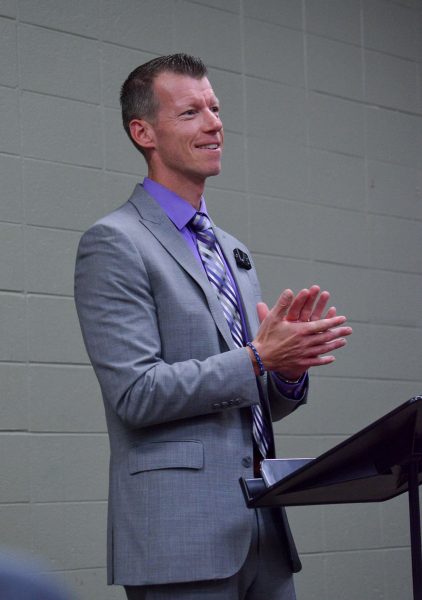
”The most important question I can ask is ‘Why?’” Smith said.
As a new member at CSD, he says he doesn’t plan on changing too much immediately. Despite this, he doesn;t want to take a backseat role in the community either. In response to a question about his personal goals for his position, Smith expresses his want to be easy to find and communicate with, for both the students and guardians in CSD’s community.
“[I want to be] enthusiastic, visible, and accessible,” Smith said.
CSD’s website details the Primary Duties and Responsibilities for our Executive Director, and a significant point included in that list is the responsibility of the Executive Director to “support” and “empower” the rest of our educational staff.
When asked to give an example of an opportunity he’s been given to do this so far at CSD, Smith shared insight into some measures he took at the beginning of the year to become accessible to CSD’s staff.
In his first email to all members of staff, Smith invited anyone to request a meeting with him at any time. Whether it was to get to know him, tell him things they thought he would like to know about CSD, or voice concerns they felt he could help solve, Smith wanted to hear from anyone who wanted to talk.
As it turned out, that was a lot of people. He spent not only the end of the summer but also the first months of school in voluntary meetings and discussions.
While the invitation stands as long as Smith is Executive Director, the need to be heard was especially prominent during the start of a new school year, and made even more so by a big transition like a new Executive Director. Smith’s initiative to hear them made a big difference in the staff’s perception of him right off the bat.
He also is quite cautious about overworking the staff, and is doing his best to avoid it, as he expressed in his response to a question about the potential expansion of CSD’s AP program.
“AP courses must be reflective of both the needs of students and capabilities of teachers,” Smith said to the students.
In both his past and present jobs, Smith likes to keep in mind a 99% analogy. He asserts that even if you reach the *nearly impossible* point at which 99% of people are satisfied with your decision(s), there will always be 1% who is not.
“Do what you can to benefit the community, but don’t lose yourself in trying to do so,” Smith said. “You’re still a person.”
CSD can benefit from keeping Smith’s motto of “[Being] your best” in mind. The CSD community is excited to have a fresh perspective added to their team.
(With contributions from multiple CSD Journalism class students, the above article was edited by Macy Balmat.)

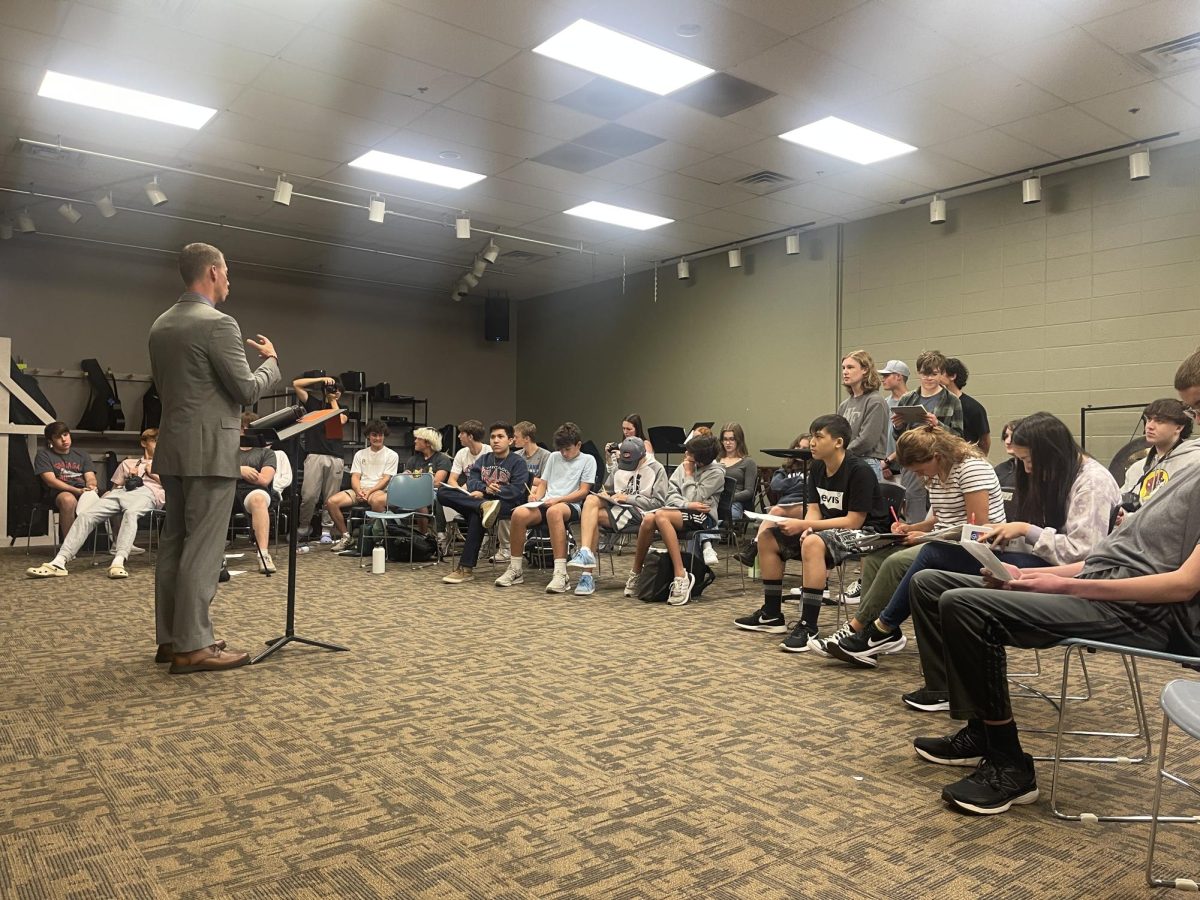

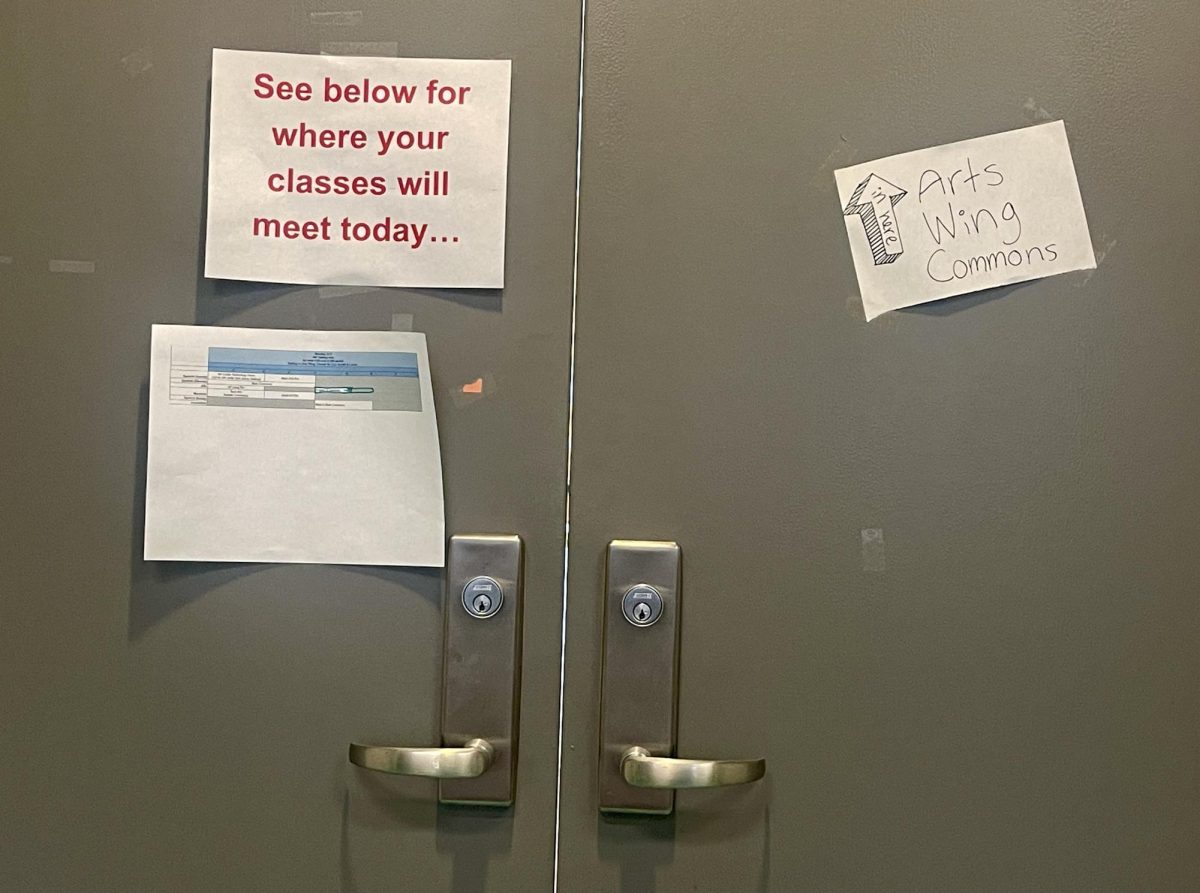
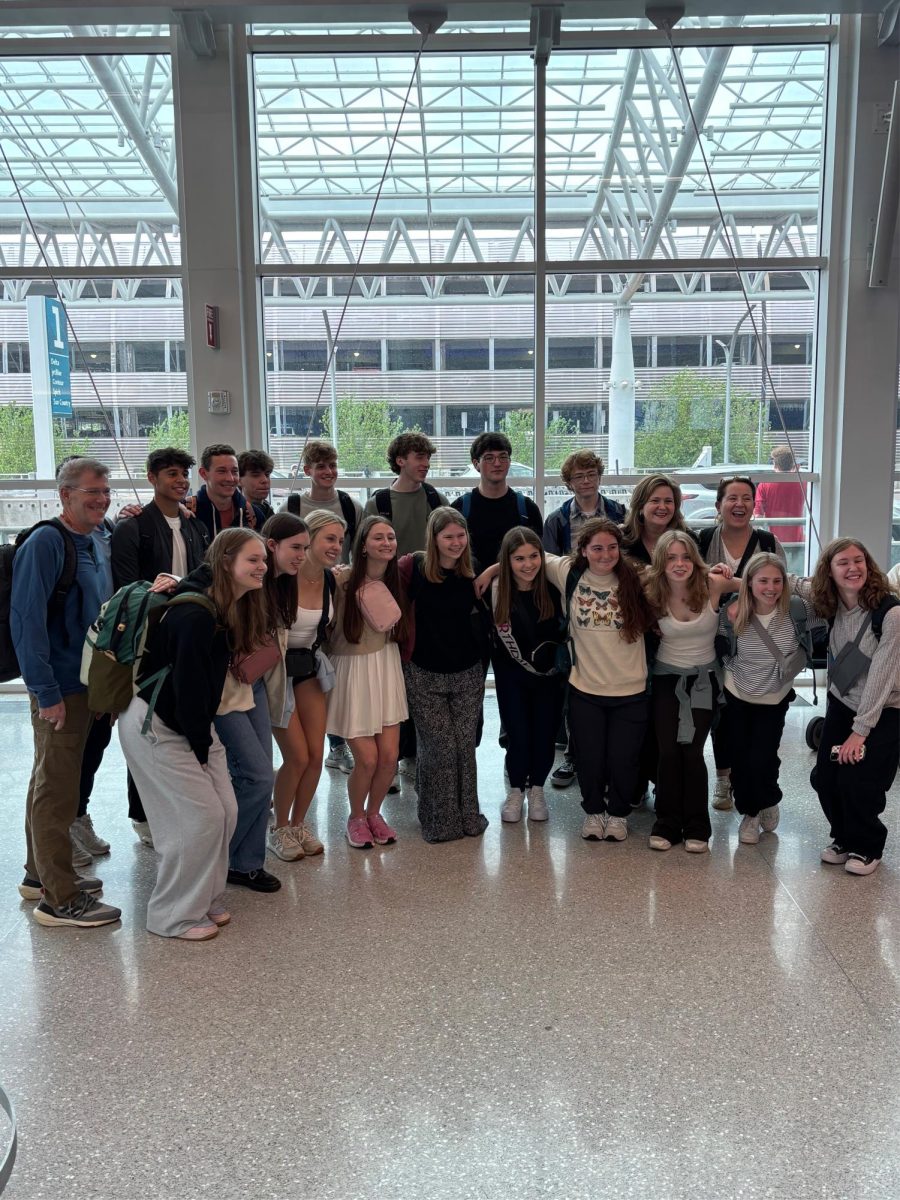

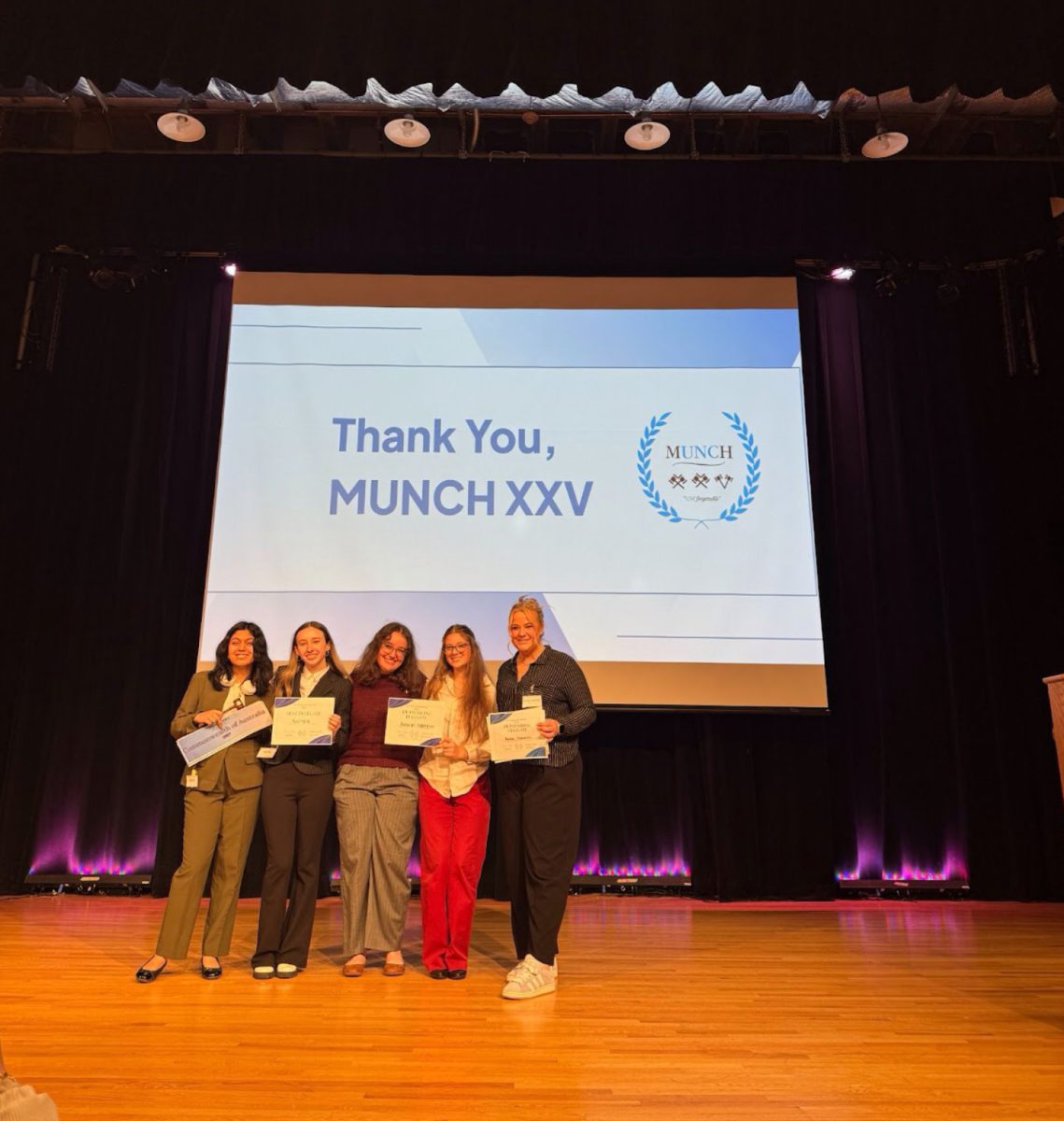
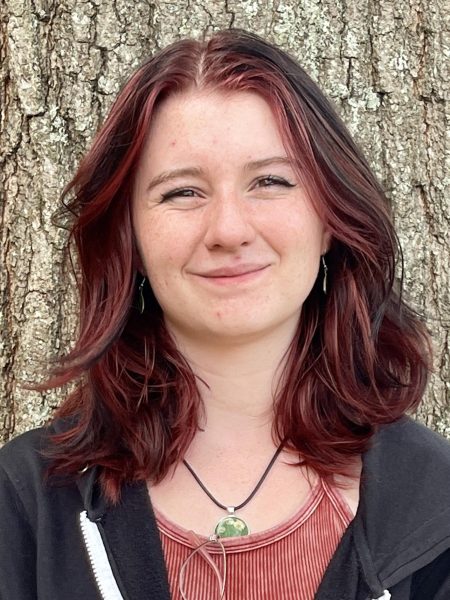
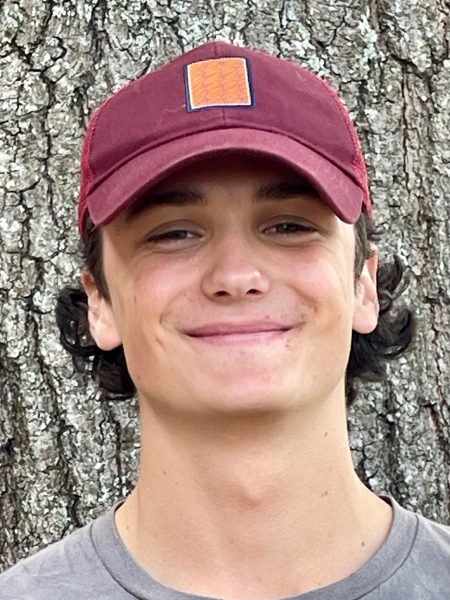
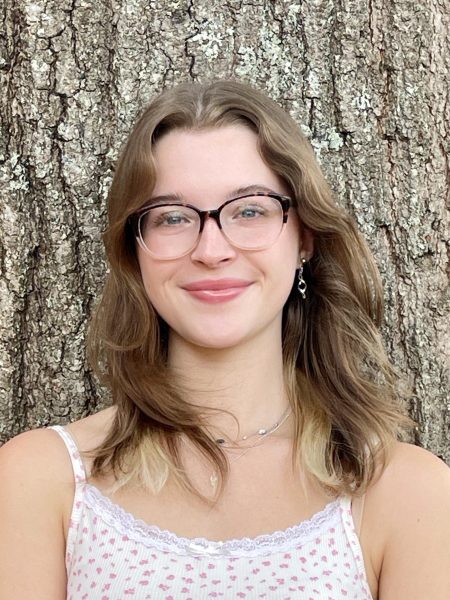
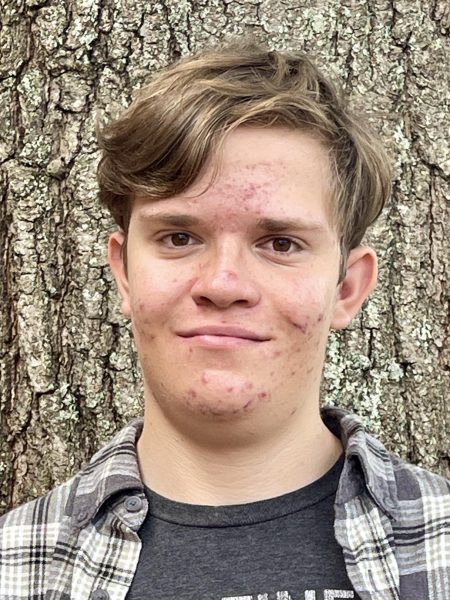
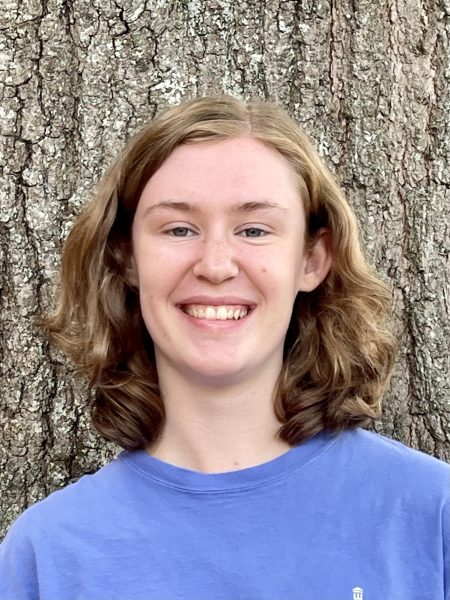
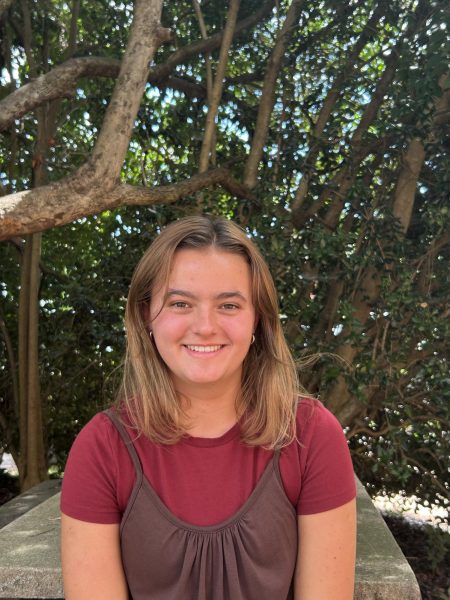
Mr. Smith • Jan 29, 2025 at 12:32 pm
Thank you for affording me the opportunity to participate in your inaugural student-led press conference.
Continue to be your best,
Mr. Smith
Mike Savicki • Feb 19, 2025 at 9:17 am
Thanks for your time and willingness to answer our questions.